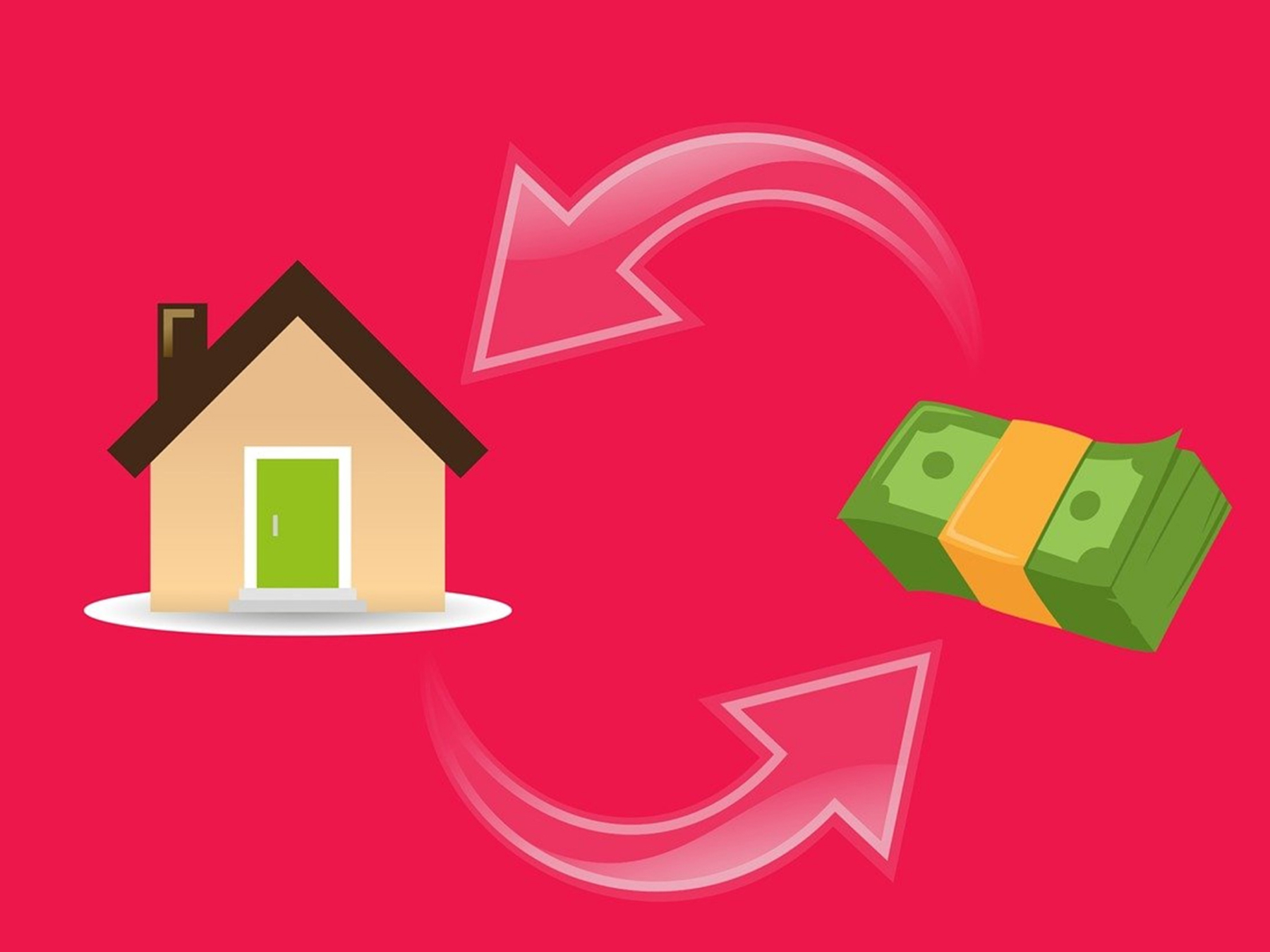Buying a home is the single largest investment most people ever make so it's natural to want to achieve the best possible return and to ensure you're getting a good price for your property.
However, when it’s time to sell, determining whether an offer is fair can be challenging because whilst it’s tempting to hold out for a better offer, it is crucial to not lose out on a good deal and to balance expectations with market realities as well as individual circumstances.
It requires the careful consideration of various factors and, of course, the knowledgeable advice of your estate agent which is one of the main reasons that it’s essential to select an agent who has measurable experience and a keen understanding of the local market.
Over and above consulting with your property professional, the following should be taken into consideration when deliberating about whether to accept or reject an offer:

Assessing the Offer:
- Price: The most obvious factor in determining the quality of an offer is the price. A good offer should be competitive and align with the current market value of your property. Research recent sales of similar properties in your area to gauge whether the offer is in line with market trends.
- Market Conditions: Consider the prevailing market conditions. In a seller's market where demand exceeds supply, you may receive multiple offers, potentially driving up the price. Conversely, in a buyer's market, offers may be lower, and you might need to be more flexible in negotiations.
- Terms and Conditions: Look beyond the price and consider the terms and conditions of the offer. Factors such as the proposed closing date, financing arrangements, and any contingencies can significantly impact the attractiveness of an offer. A higher offer with unfavourable terms may not be as appealing as a slightly lower offer with more favourable conditions.
- Buyer's Financial Situation: Evaluate the financial strength of the buyer. A cash offer or a buyer with pre-approved financing may be more reliable than one contingent on selling their current home or securing a mortgage. A solid financial position reduces the risk of the deal falling through due to funding issues.
- Contingencies: Pay close attention to any contingencies included in the offer, such as a home inspection or appraisal contingency. While these clauses provide protection for the buyer, they can also introduce uncertainty for you as the seller. Evaluate the impact of each contingency on the sale process and consider negotiating or removing them if possible.
- Market Exposure: Consider how long your property has been on the market and the level of interest it has generated. If you've received multiple offers quickly, it suggests strong demand and may indicate that your property is priced competitively. Conversely, if your property has been on the market for an extended period with little interest, you may need to reassess your pricing strategy.

Making the Decision:
- Know Your Bottom Line: Before listing your property, establish your bottom line—the minimum price you're willing to accept. Knowing this figure will help you evaluate offers objectively and avoid making impulsive decisions based solely on emotions.
- Consult with Professionals: Seek advice from your real estate agent, who can provide valuable insights based on their experience and knowledge of the local market. They can help you interpret offers, negotiate terms, and make informed decisions that align with your goals.
- Consider Your Priorities: Reflect on your reasons for selling and your priorities. Is maximizing profit your primary objective, or are other factors such as a quick sale or minimal hassle more important to you? Understanding your priorities will guide your decision-making process and help you weigh the pros and cons of each offer.
- Factor in Future Market Trends: While it's impossible to predict future market conditions with certainty, consider any foreseeable changes that could affect property values in your area. If you believe prices are likely to increase in the near future, you may be inclined to hold out for a higher offer. Conversely, if you anticipate a downturn, accepting a current offer that meets your criteria may be prudent.
- Trust Your Instincts: Ultimately, trust your instincts when making the decision. If something doesn't feel right about an offer, it's worth exploring further or seeking alternatives. Conversely, if you're confident in the offer and believe it aligns with your objectives, don't hesitate to move forward.
Receiving an offer on your property is an exciting milestone in the selling process, but it also brings with it a host of decisions to make but with a thorough assessment and strategic decision-making, you can ensure you are making an informed choice and potentially secure a better offer for your home – or not lose out on what’s already a good deal.


Comments